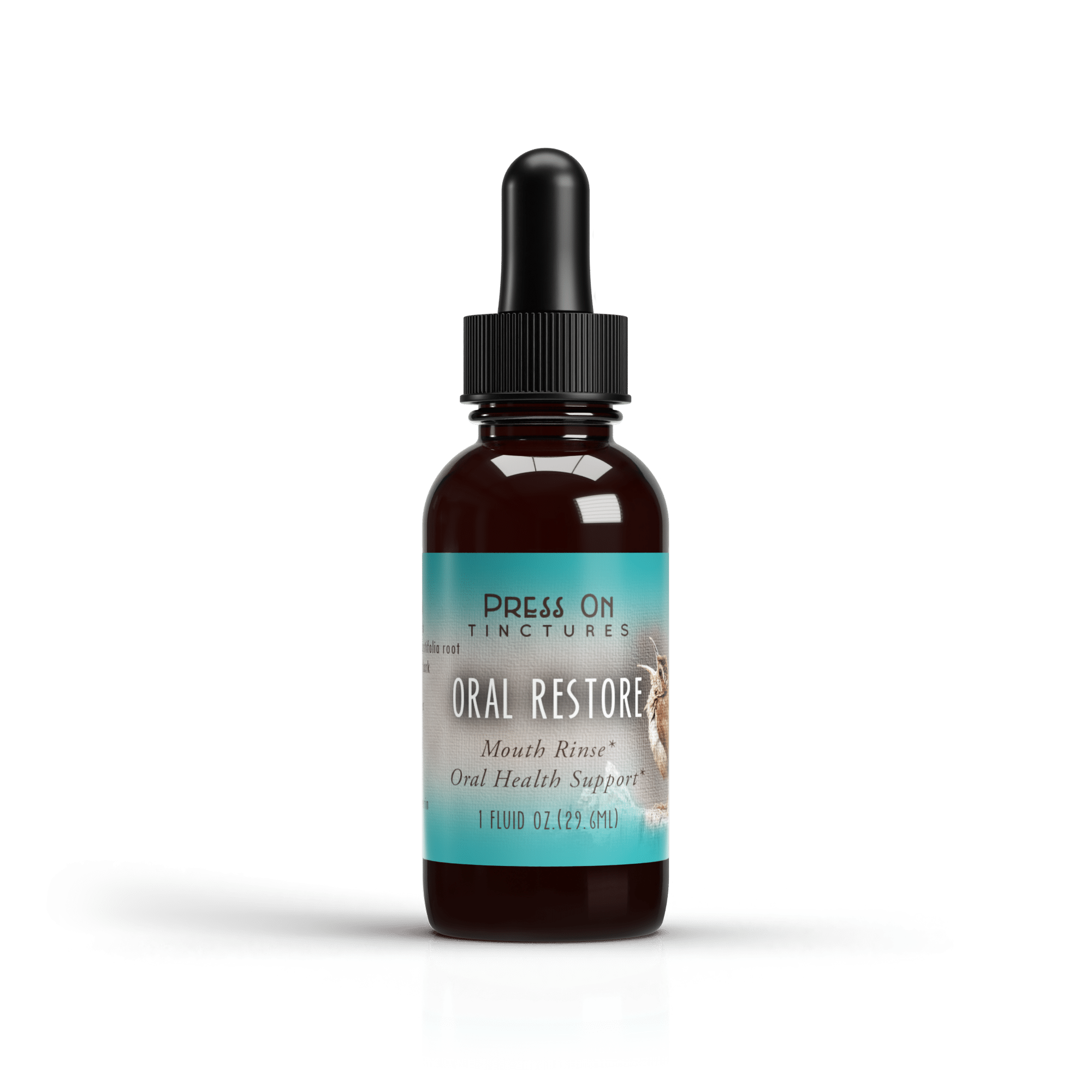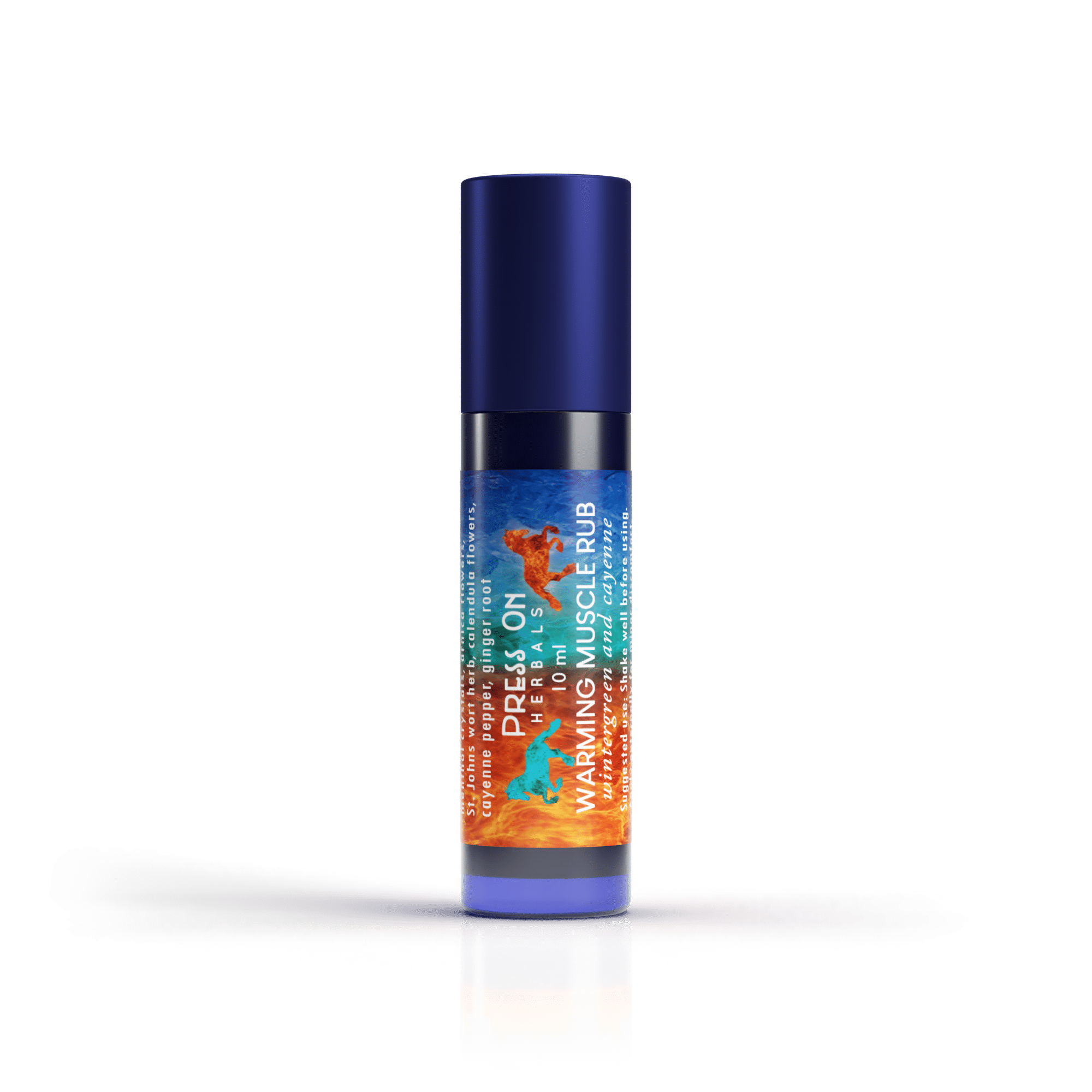Your Cart
No products in the cart.
All Other Items
Herbal medicine, also known as botanical medicine or phytotherapy, involves using plant materials to prevent and treat illnesses. These remedies can include leaves, flowers, roots, seeds, and bark. For centuries, cultures across the globe have relied on these natural substances for their healing properties.
Herbal medicine dates back thousands of years, with evidence of its use in ancient cultures such as the Egyptians, Chinese, and Indians. These civilizations documented the medicinal properties of plants and developed comprehensive systems for their use. The Egyptians used herbs like garlic and mint for medicinal purposes and documented their practices on papyrus scrolls.
In China, traditional Chinese medicine has been practiced for over 2,000 years, utilizing herbs like ginseng and ginger. The Chinese developed complex herbal formulations tailored to individual needs and conditions. Indian Ayurveda, another ancient system, employs herbs like turmeric and ashwagandha for holistic healing, focusing on balancing the body’s energies. Over time, these practices spread to other cultures, evolving into the herbal remedies we recognize today.
While traditional use is well-documented, modern science has begun to uncover the mechanisms behind herbal medicine’s efficacy. Research has identified active compounds in plants that interact with human physiology to produce therapeutic effects. For instance, curcumin, found in turmeric, has been studied for its anti-inflammatory properties, providing scientific backing for its traditional use.
Clinical trials and laboratory studies continue to explore the potential of various herbs, validating their use and discovering new applications. Understanding these mechanisms helps bridge the gap between traditional wisdom and modern medicine, offering a more comprehensive understanding of herbal remedies.
Herbal medicine’s influence extends far beyond its origins, impacting global healthcare practices. In Western countries, there’s a growing interest in natural and holistic approaches, leading to the integration of herbal remedies into conventional medicine. Countries like Germany and France incorporate herbal treatments into their healthcare systems, where they are often prescribed alongside conventional medications.
The global trade of medicinal herbs has also increased, with countries exporting native plants to meet international demand. This exchange of knowledge and resources has led to a rich diversity of herbal practices worldwide, fostering a global appreciation for the healing power of plants.
There are countless herbs and plants used in herbal medicine, each offering unique health benefits. Here are some of the most popular herbal medicine items you might encounter.
Echinacea is a flowering plant commonly used to boost the immune system. It is believed to reduce the duration and severity of colds and respiratory infections. Echinacea supplements are often taken as capsules, tinctures, or teas.
The plant’s immune-boosting properties are attributed to compounds that enhance the activity of white blood cells. Studies have shown that taking echinacea at the onset of cold symptoms can shorten the illness’s duration. It’s important to note that while echinacea is popular, its effectiveness can vary based on the preparation and dosage used.
Ginger is a well-known spice with powerful anti-inflammatory properties. It is frequently used to treat nausea, digestive issues, and joint pain. Fresh ginger can be consumed as a tea or added to meals for flavor and health benefits.
The active compounds in ginger, such as gingerol, have been studied for their ability to reduce nausea caused by motion sickness, pregnancy, and chemotherapy. Additionally, ginger’s anti-inflammatory effects can help alleviate symptoms of osteoarthritis and other inflammatory conditions. Incorporating ginger into your diet can provide both culinary and therapeutic benefits.
Turmeric, a bright yellow spice, contains curcumin, a compound with strong anti-inflammatory and antioxidant properties. It is commonly used to support joint health and reduce inflammation. Turmeric can be taken as a supplement or added to food and beverages.
Curcumin’s potential extends to various health benefits, including supporting brain health and reducing the risk of chronic diseases. However, curcumin’s bioavailability is low, meaning it’s not easily absorbed by the body. Combining turmeric with black pepper, which contains piperine, can enhance absorption and maximize its effects.
Garlic is not only a popular culinary ingredient but also a potent herbal remedy. It has been used to support heart health, lower cholesterol levels, and boost the immune system. Garlic supplements are available in various forms, including capsules, oils, and extracts.
The sulfur compounds in garlic, such as allicin, are responsible for its health benefits. Studies suggest that garlic can reduce blood pressure and improve cholesterol profiles, contributing to cardiovascular health. It’s also believed to have antimicrobial properties, aiding in immune support. Incorporating garlic into your diet or taking supplements can offer numerous health advantages.
Ginkgo biloba is a unique tree species whose leaves are used to support cognitive function and memory. It is believed to enhance blood circulation and protect against age-related cognitive decline. Ginkgo biloba supplements are typically available as capsules or tablets.
Research indicates that ginkgo may improve memory and cognitive speed in healthy individuals and those with cognitive impairments. Its antioxidant properties help protect brain cells from oxidative damage, while its ability to improve blood flow can support overall brain health. However, ginkgo can interact with certain medications, so it’s crucial to consult a healthcare professional before use.
St. John’s Wort is a flowering plant used to alleviate symptoms of mild depression and anxiety. It is believed to work by increasing serotonin levels in the brain. St. John’s Wort is available in various forms, including capsules, tablets, and teas.
Numerous studies have supported St. John’s Wort’s efficacy in treating mild to moderate depression, with some research suggesting it may be as effective as conventional antidepressants. However, it can interact with various medications, including birth control pills and blood thinners. It’s essential to consult a healthcare provider before using St. John’s Wort, especially if you are taking other medications.
Herbal supplements play an essential role in modern health and wellness. They offer a natural alternative to synthetic medications, providing various health benefits with fewer side effects. However, it is essential to approach herbal supplements with caution and consult a healthcare professional before use, especially if you are pregnant, nursing, or taking other medications.
- Natural Origins: Herbal supplements are derived from plant materials, making them a more natural option for those seeking to avoid synthetic substances. The use of natural ingredients aligns with the growing trend towards holistic and sustainable health practices.
- Fewer Side Effects: Many people find that herbal supplements have fewer side effects compared to conventional medications. The gentle nature of plant-based remedies often results in a more tolerable experience for users, especially those sensitive to synthetic drugs.
- Holistic Approach: Herbal medicine often focuses on treating the whole person rather than just the symptoms, promoting overall health and wellness. This approach considers the physical, emotional, and spiritual aspects of health, offering a more comprehensive treatment plan.
While herbal supplements can offer numerous benefits, it is crucial to use them responsibly. Some herbs can interact with medications or cause adverse effects in certain individuals. Always consult a healthcare professional before starting any new supplement regimen.
Understanding dosage is critical, as taking too much of an herb can lead to toxicity or adverse reactions. It’s also essential to consider the quality and source of herbal supplements, as the market can vary significantly in terms of purity and potency. Educating yourself about the herbs you plan to use and purchasing from reputable sources can help ensure safety and efficacy.
The regulation of herbal supplements varies by country, impacting the quality and safety of products available. In some regions, herbal products are subject to rigorous testing and quality control measures, while in others, the market is less regulated.
Consumers should look for third-party certifications or laboratory testing results to verify the quality of herbal supplements. Understanding labeling, ingredient lists, and certifications can help you make informed decisions about the products you choose to incorporate into your wellness routine.
Herbal remedies can be used to address a variety of common ailments. Here are some popular plant-based treatments for everyday health concerns.
Echinacea and elderberry are two popular herbal remedies for colds and flu. They are believed to boost the immune system and reduce the severity and duration of symptoms. Elderberry can be consumed as a syrup, while echinacea is available in various forms, such as teas and capsules.
Elderberry’s high antioxidant content is thought to support immune function and combat viral infections. Some studies suggest that elderberry syrup can reduce the duration of flu symptoms by several days. It’s essential to start using these remedies at the first sign of symptoms for maximum effectiveness.
Ginger and peppermint are both effective herbal remedies for digestive discomfort. Ginger can help alleviate nausea, while peppermint is known for soothing indigestion and bloating. Both can be enjoyed as teas or taken as supplements.
Peppermint oil capsules are particularly effective for irritable bowel syndrome (IBS), as they help relax the muscles of the gastrointestinal tract. Ginger’s warming effect can also stimulate digestion and reduce feelings of fullness and discomfort. Incorporating these herbs into your diet can offer relief from common digestive issues.
Herbs like chamomile and valerian root are often used to promote relaxation and reduce stress. Chamomile tea is a popular choice for calming the nerves, while valerian root supplements can help improve sleep quality.
Chamomile contains apigenin, a compound that binds to receptors in the brain, promoting relaxation and reducing anxiety. Valerian root has been studied for its ability to improve sleep latency and quality, making it a popular choice for those struggling with insomnia. Combining these herbs with mindfulness practices can further enhance their calming effects.
Turmeric and willow bark are well-known for their anti-inflammatory properties. They can help alleviate joint pain and inflammation. Turmeric can be taken as a supplement or added to food, while willow bark is often consumed as a tea or capsule.
Willow bark, the precursor to aspirin, contains salicin, a compound with pain-relieving properties. It’s often used for headaches, back pain, and arthritis. Turmeric’s anti-inflammatory effects can complement willow bark’s pain relief, providing a holistic approach to managing pain and inflammation.
Herbs like aloe vera and calendula are renowned for their skin-healing properties. Aloe vera gel is commonly used to soothe burns, cuts, and rashes due to its cooling and moisturizing effects. Calendula, with its antimicrobial and anti-inflammatory properties, is often used in creams and ointments to promote wound healing and reduce inflammation.
These herbs can be applied topically or used in skincare formulations to improve skin health and appearance. Their gentle nature makes them suitable for sensitive skin, offering a natural alternative to conventional skincare products.
Herbal medicine offers a wealth of natural remedies for promoting health and well-being. By understanding the various herbal medicine items and their uses, you can make informed decisions about incorporating them into your wellness routine. Always remember to consult a healthcare professional before starting any new herbal supplement, and enjoy the benefits of these time-tested natural remedies. Embracing herbal medicine allows you to connect with nature and explore the rich traditions that have supported human health for centuries.



